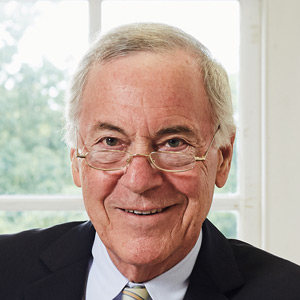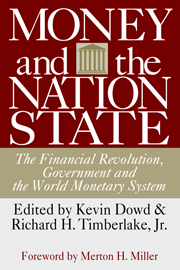The FT’s leader “England’s ill-fated experiment with privatising water” (FT View, July 1) rightly points out that Thames Water privatisation was bungled and has resulted in a first-class mess. However, it fails to shed useful light on the so-called natural monopoly problem and how to proceed to ensure competition and efficiency in the water industry.
Sir Edwin Chadwick (1800-1890), in an essay published in the Journal of the Royal Statistical Society in 1859, laid out how competition could be introduced in the private provision of water. Chadwick advocated franchising. An auction for a monopoly franchise would be awarded to the bidder who promised the best combination of price and quality of service to customers. As it turns out, the French were already practising competitive franchising in the water field. Indeed, the first water distribution franchise had been awarded to the Perrier brothers in Paris in 1782.
For the water-wastewater franchises to work well, the franchise (contracts) must be very well specified, with significant penalties for non-compliance. In addition, and of utmost importance, the franchise must be monitored and enforced by skilled agents of the public.
The privatisation of water and wastewater systems in the UK was bungled because the vision of Chadwick—as successfully practised in France, where private provision dominates—was not embraced. It’s time to dust off Chadwick and mimic the French.
Steve H Hanke Professor of Applied Economics, Johns Hopkins University, Baltimore, MD, US










